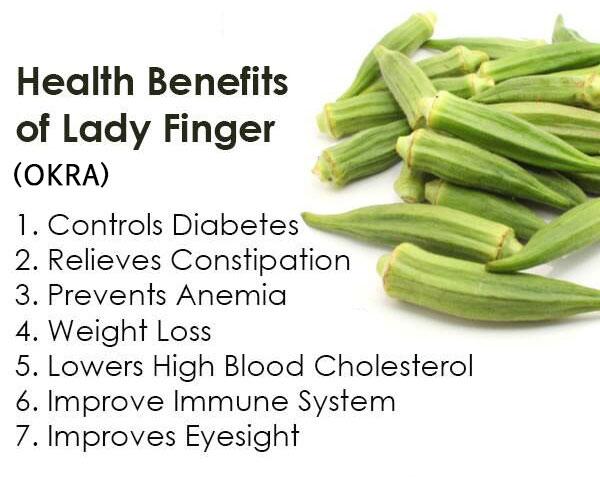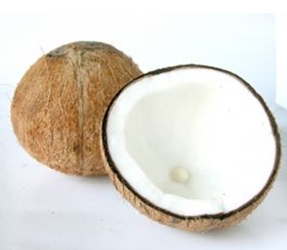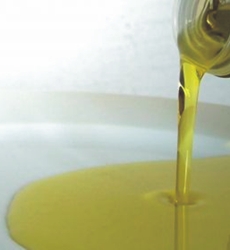After having the same
conversation again and again with my couple of friends in the same week I
decided to document and list things here in case if it help some one as well.
I am planning to list someof UK
agencies I have come across in my last 10 years of UK experience from my MBA
graduate role till now hope it will help you with your Job hunting and Career
planning.
Everything start with a
CV. The
standard UK CV is two A4 pages long. In fact, it’s preferred by 91% of recruiters, according to a survey of 300 UK employers – many
companies often reject CVs that are less than two pages because they simply
don’t provide enough evidence about the applicant’s skills and qualifications.
- January/February: The
Best Time to Apply for Jobs.
- March/April/May: Still a Good Time to Apply.
- June/July/August and November/December: Not the Best Time to Apply.
- September/October:
Hiring Picks up Again.
Before going reading ahead
with this post no matter what your occupation or level of experience is the
process of applying for a job and getting a job pass through various stages.
Keep the frustrations apart and keep trying for what you want until you get it.
1.
Self Awareness :- Are
you looking for a immediate change from your job ? Is your job getting
redundant in coming months ? Speak with your manager. Am I have a financial
backup if I loose my current job with normal notice period of 1 or 2 months?
Which job location is best for you it long run ? When am I graduating? Why you
need a new job (ask yourself,HR will ask the same too). Job hoppers is a big NO. It takes 6
months to train someone and if that new recruit is not intending to stay long
it will be a waste of time for employer.
2.
Understanding your value :- If you
are with an employer for a long time 10+ years then your salary may be lower
than current market. Salary may not be increasing with inflation or it can
highly depend on business performance you are in. People get hired because they
represent the best possible answer to an employers need. You need to think
outside the box of current employer values and principles and SMART goals to
achieve what you want.
3.
Target :- Figure out the
type of company that generally need someone like you and consider and
understand the kind of environment you will feel comfortable and productive in.
Make a list of companies
you like to apply for in the location you are looking for. Some
employers do allow Friday as Work from home, and some allow complete home based
jobs with occasional travel , and there is part time and job share
opportunities as well. To learn about companies and benefits you can do a great
deal of research on LinkedIn, company website, business case studies, customer
portfolio, financial performance (I am sure nobody is looking for job in
sinking ship).
4.
Branding yourself :-If you are a
heavy social media user clean
up yourself. Psychological it says a lot about you to rate you. For what
ever role you seek you will likely face strong completion from many candidates
with similar background as yours. In UK usually recruiters get 200 to 800 CV’s
for a job ad in LinkedIn + recruitment portals. So focus on the qualities,
experience and expertise that set you apart from the pack. Recruiters spend 2-3 min to skim your CV,
so make sure to edit your CV based on job ad. Develop a consistent message and
update your Linkedin Profile with all the skills you are having to get your
dream job.
5.
Seek Opportunities:- 80%
of new hires come from personal networking, so network with fellow college
friends, look through company webpages job boards, LinkedIn Profiles and
network anywhere, everywhere and all the time!.
6.
Prepare yourself :- Nowadays
you will be having 6-8 rounds of assessment starting with telephone
rounds , face to face interviews , assessment days etc. in 2-3 months time
after applying for jobs. So keep a journal (I used Excel) to make a list of
companies I applied for jobs and position and date , so that when a recruiter
calls you out of blue you know the employer and position you applied. Don’t
mistake statements like “you appear to have what we are looking for” as
anything more than a general indication of interest. If it is a planned phone
call get ready to ask recruiter questions to understand more of the role and
team. Here is a list of 11 answers you should have ready before any job
interview
http://time.com/money/4226260/interview-questions-answers/
https://news.efinancialcareers.com/uk-en/213388/70-top-banking-interview-questions-and-how-to-answer-them
https://www.jobtestprep.co.uk/interview-manager
7.
Dealing with red flags: - Part of HR screening
process is to take a look at anything that might be disqualifying a strong
candidate. Recruiters look for 8-9 years of references from your previous
employers. Employment Gaps, part time jobs too many or few career transitions may
cause concern, so mentally prepare to explain to recruiter. Top 10 tricks used by
recruitment agencies https://www.contractoruk.com/agencies/recruitment_agency_tricks.html
8.
Presenting yourself :- Of course it
happens at face- face interview go prepared for what ever can be thrown at you.
If your interview is scheduled through good agency or a good HR they will
provide you the profile of mangers you may be meeting up. As always first
impression matters, imagine yourself being hired in that company and be sincere
and prepare yourself with lots of info about the company before going for
interview. Make a chit sheet , Check Google news to understand company position
in media and make a small list of questions to help you to understand the job
and company better. Ask questions like why this position has been open now ?
What you can expect in Career Growth in 3 years time etc. Check Glassdoor for
existing employee reviews . Wiki Jobs is also a great resource. Amazon in my
experience had provided me links to practise tests before actual times logical
test for Programme Manager Role. Time accuracy and blending
in with company profile and recruiter highly matters but don’t fake sincerity
or misrepresent what you have done. Every job you have done
made you who you are today and be proud of it. Customise the CV based on the
industry and type of job you apply.
9.
Negotiate for yourself :- You will always
be in a stronger position to negotiate when you reach final rounds of
interview. Talk about the objective criteria rather than vague wants and give a
solid justification for whatever request you make. Consider the benefits, travel
expenses, visa caps for salary etc .
10. Hey I am
talking about your future Salary:- You may be earning £25,000
per year in your current job and take home after tax will be less than £20,000.
Every day in your current job you are gaining experience and learning so your
value is also increasing along with client experience, certifications etc. So
don’t underestimate yourself when HR ask you below Question:
What do you earn now ? Answer What I earn
now doesn’t matter but I am looking for salary £40000+ in my next
position, is employer ready to give that ? Next this is what happens, recruiter
in most cases (HR) will tell the truth about what they are planning to offer and
negotiate with you for £35000. If your profile is strong recruiter will also
help you to get good salary because they are getting 3-5% of your annual salary
from your new recruiter if you stay in job for 6 months (rules changes company to company ). Be
prepared to give P60’s P45’s from existing employee and a good 2 references
from current job to close the whole process with an offer letter after company
internal screening procedure(2-3 weeks) through global databases to make sure
you are the person what you state in CV and hiring you .Salary take home calculator http://www.netsalarycalculator.co.uk/25000-after-tax/ 3% PF, NI, Tax is a compulsory in UK now by legislation.
12. Here is some of agencies I
have liked and complete list below :-http://www.lse.ac.uk/intranet/CareersAndVacancies/careersService/CareerPlanningJobHunting/JobHunting/RecruitmentAgencies/ListOfAgencies.aspx
All the best ….
Thanks
Ann
Dec 23rd 2017
London.


















